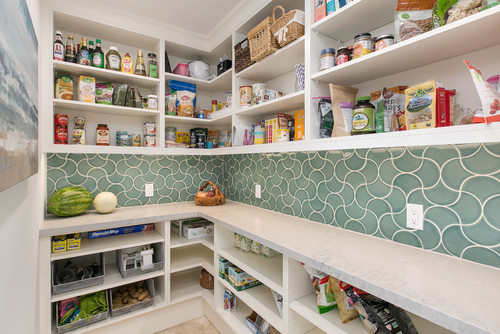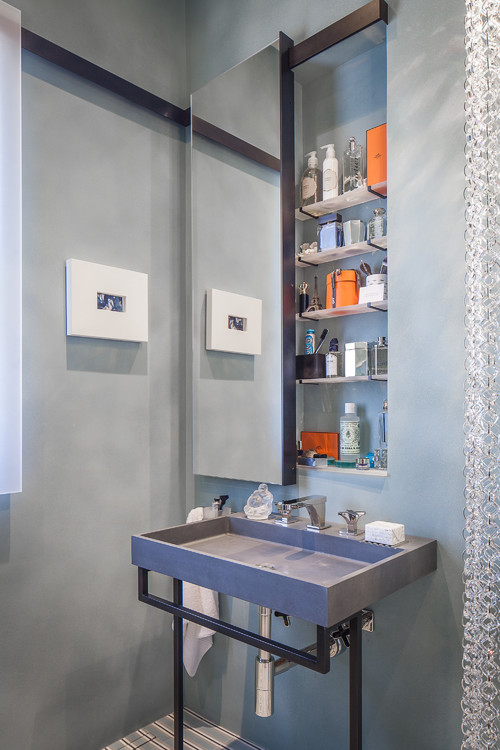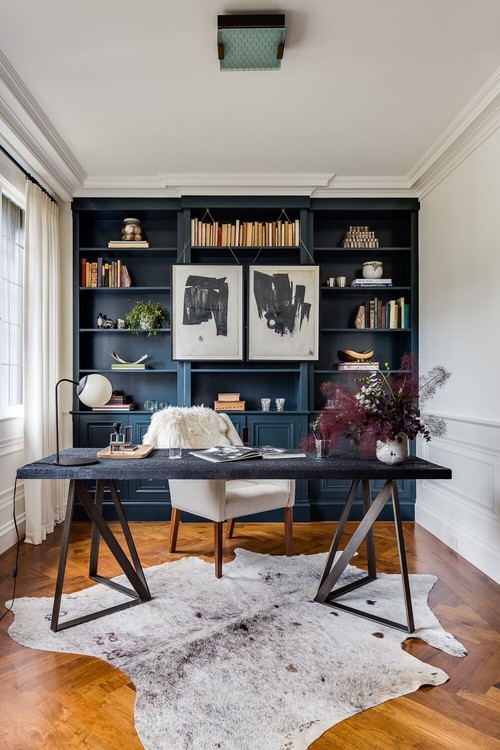
Moyo Studio/Getty Images
The coronavirus seems to be creeping ever closer to home. According to the World Health Organization, over 80,000 cases of COVID-19 have been confirmed worldwide, leading to 2,700 deaths. Within the United States, more than 50 cases of the coronavirus have cropped up so far.
Fortunately, the Centers for Disease Control says that the general American public’s risk of exposure to the virus is low at present, and according to the New York Times, more than 80% of the confirmed cases in this country have been relatively mild.
“This virus is nowhere near as serious as pandemics of the past, even at the epicenter in China, so keep a cool head as you take in the daily news,” says Bill Carroll, an adjunct professor of chemistry at Indiana University.
Nonetheless, many people are worried about what they should do if things do get worse. Should they hunker down at home—and is there anything they should do there to prepare?
If you’re jittery and want some extra assurance that you’re doing all you can to stay safe, here are several things you can do to protect your home in case of the coronavirus—and to keep this virus at bay if it crops up in your community.
Stock up on supplies
Photo by Hamilton-Gray Design, Inc.
Curbing your exposure to the coronavirus starts with limiting your exposure to people who might be carrying it. In other words, stay home! As you would with a severe weather event, it’s suggested you stock up on enough food to last for a couple of weeks, according to the American Red Cross.
Pantry staples are easy to pick up and store, including cereal, crackers, pasta, rice, frozen veggies, and canned goods (beans, tuna). And don’t forget toilet paper, as well as laundry and dish detergent.
Soups and Gatorade are worth adding to your cart, too, since staying hydrated will be important if anyone in the family falls sick. If you have a baby on board, also make sure you have enough formula and diapers on hand.
How to fight coronavirus germs at home
While not much is yet known about how long COVID-19 can survive on surfaces, Stephen Morse, a professor of epidemiology at Columbia University Medical Center, told NPR that based on previous coronaviruses (yes, this isn’t the first), he thinks that COVID-19 can be killed by most household cleaners, including bleach, alcohol, or even plain old soap and water. The reason: This coronavirus is surrounded by a lipid covering that soap can break down.
As a result, wiping down counters, doorknobs, faucets, cellphones, and other areas that often come in contact with people’s hands can go a long way toward preventing the spread of germs and sickness in the home.
“Viruses can persist on surfaces, so anything you can do to keep them clean is a help, including the use of bleach solutions and disinfecting wipes,” says Carroll.
The same germ-prevention advice holds for your hands and mouth.
“Alcohol in hand sanitizers helps, but washing your hands often, for at least 20 seconds, is better,” Carroll urges. “Try not to touch your eyes, nose, or mouth with dirty hands, and always cover your mouth when you cough.”
Last but not definitely least, make sure to wash your hands with soap and water frequently. In fact, make a habit of washing your hands as soon as you walk in your front door.
Check your medicine cabinet
If you take a certain medication daily, it’s smart to make sure you have enough in your cabinet.
“I don’t think you’ll need six months’ worth, but an extra month or two is a hedge against potential supply-chain shortages,” says Carroll. Pick up other medicine cabinet basics you might be missing, such as acetaminophen, ibuprofen, and bandages.
As for wearing face masks outside the house, that probably helps as much as covering your mouth when you cough, says Carroll. That is, if it turns out you’re the sick one, you’ll be reducing other people’s exposure to a degree, but it won’t do much for your own risk from others.
“Unless the mask is capable of filtering viruses and tightly fitted to prevent inhaling air around it, it’s not of much use, and it doesn’t protect you if you rub your eyes, because it’s not a full face shield,” he explains.
Consider working remotely
Photo by Town Line Wallpaper & Paint Inc.
As fear of the effects of the coronavirus has spread, some businesses are urging employees to work from home, especially if their work involves travel to Europe or Asia. If you think you might need to work remotely in the coming weeks or months, take stock of your home office and be sure it has all you need. Order enough paper, ink, toner, and other work supplies, so you can be productive in case you need to work there.
Lie low if you’re sick
Got a bug? Whether it’s the seasonal flu or something worse, it’s always best to stay home. If you have children of school age, follow the instructions from your district as to whether they should attend or skip school.
The post How to Coronavirus-Proof Your Home—and Your Life appeared first on Real Estate News & Insights | realtor.com®.




No comments:
Post a Comment